The cycling revolution is in nutrition: is more always better?
Every year in cycling races we see terrifying average speeds or how ascent records to different ports fall that dated from the dark stage in which EPO roamed freely through the peloton. In the cyclist's nutrition we must look for this tremendous evolution that is making it possible for us to live in a true golden age of this sport.
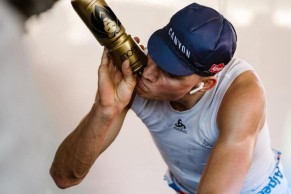
How nutrition has made cyclists go further and faster
Many things have evolved in cycling in recent decades, most of them the result of research and scientific studies that have resulted in achieving unimaginable performances years ago.
Research in training, biomechanics, nutrition that have managed to better understand how the cyclist's body works in full effort to thus squeeze the athlete's capabilities to the maximum.
RECOMENDADO
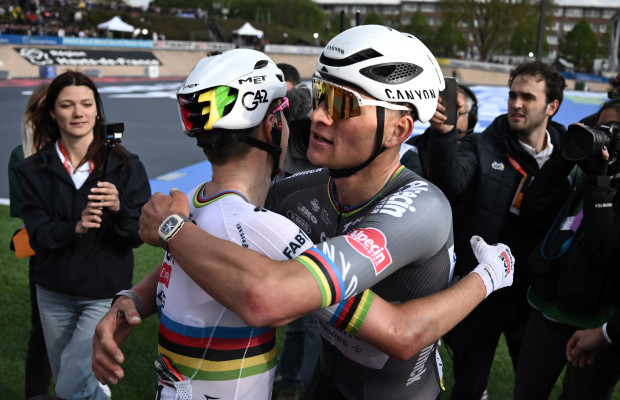
Complete list of the highest paid cyclists of 2025
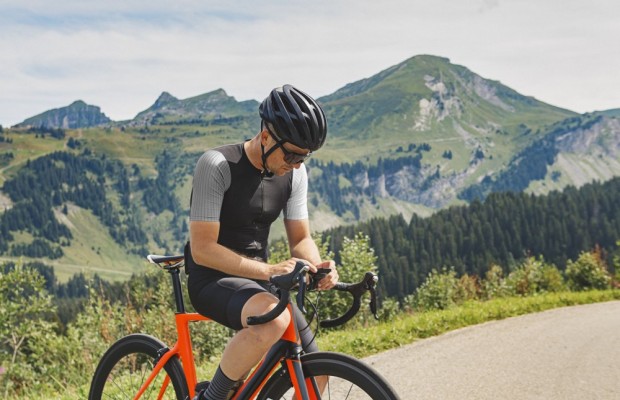
How many calories are burned when cycling
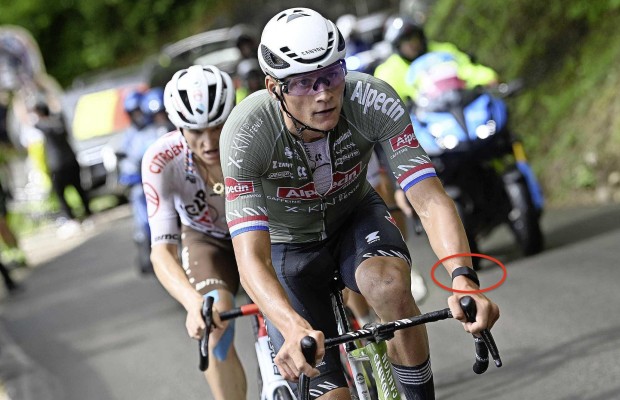
What is heart rate variability and how does it affect the cyclist?

Change wheels if you want to transform your bike's behavior
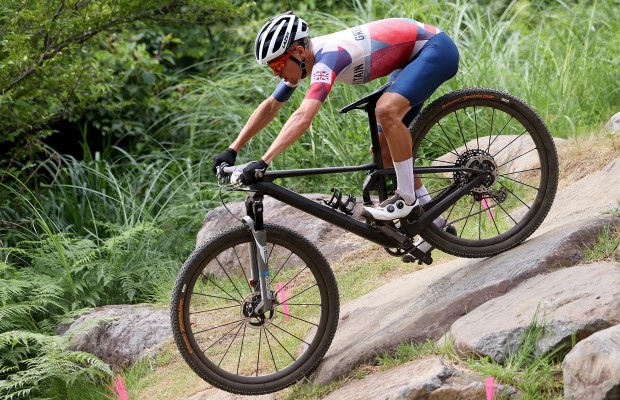
What bike size do you need? Here's how to find out
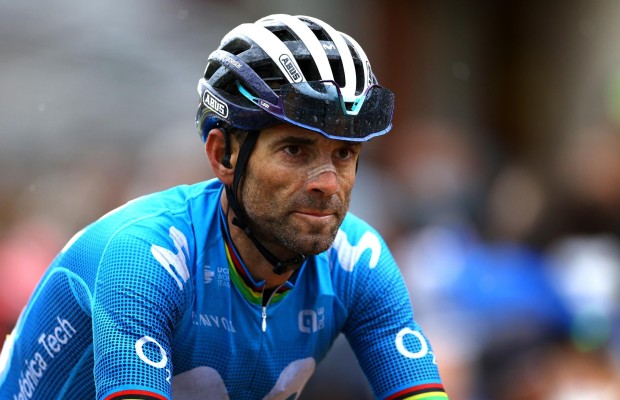
How does age affect performance and recovery?
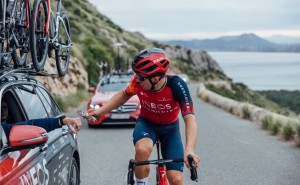
Of all these parameters, at the elite level, more and more importance is given to nutrition as a limiting element of performance. The reason for this consideration is simple: no motor is going to perform, no matter how prepared it is, if it is not provided with the necessary fuel to perform its function.
In the case of the cyclist, this fuel is the carbohydrates that the body stores in the liver and muscles in the form of glycogen and which is the main source of energy when high-intensity efforts are made. However, this type of effort is usually at odds with the time that can be sustained.
The cyclist's training is aimed at his body preferring to use fats instead of the precious glycogen at higher intensities of effort. Also, that the glycogen storage capacity of their muscles is much greater. Up to here we are in the field of physiology and training. To be able to continue to have energy in the form of glycogen during the dispute of competitions, it is necessary to be able to fill the tanks as quickly as possible both after the effort and during the competition itself. That's where nutrition comes in.
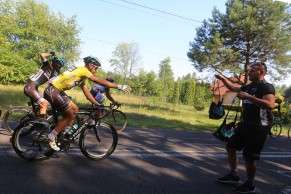
In recent years it has been achieved, based on training the bodies of cyclists, appropriate nutrition strategies and the formulation of the latest generation nutrition products that the cyclist is able to ingest and assimilate more than 100 grams of carbohydrates per hour, unthinkable figures until a few years ago without the athlete being irremediably doomed to pay a toll in the form of stomach discomfort.
Today it is not unusual to see in a race how cyclists eat and drink continuously, most of the time products such as gels, bars and energy and isotonic drinks, products that the cyclist has trained his body to be able to tolerate and assimilate without any problem.
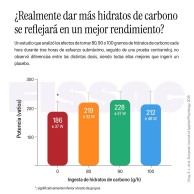
However, the limit of carbohydrate intake could have been reached in these figures since recent studies, in which performance was assessed consuming from 80 grams of carbohydrates per hour to 100 g/h indicated that no significant improvements were found between the different consumptions, taking as a reference a time trial to which the individuals were subjected after a 3 h effort in which they had been provided with these different carbohydrate contributions.
So, is there still room for improvement from the point of view of nutrition or is everything already invented? Some proposals talk about using fats, remember that it is a substrate capable of providing much higher energy density than glycogen, but a type of fat that can be mobilized to obtain its energy as quickly and efficiently as would be done with glucose.
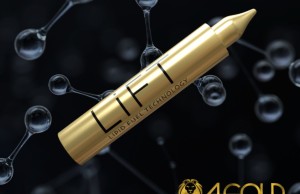
Here would come the research in nutrition products of the brands that would be looking for new options like the LiFT capsules developed by the nutrition firm 4Gold that precisely promises a supply of fats of very easy use as a source of energy to thus delay the use of glycogen reserves and, therefore, not having to be filling these tanks at the limit of the body's absorption capacity.
New trends that point to science continuing to better understand human physiology and, surely, finding new solutions to be able to raise performance limits to figures that today we cannot conceive.